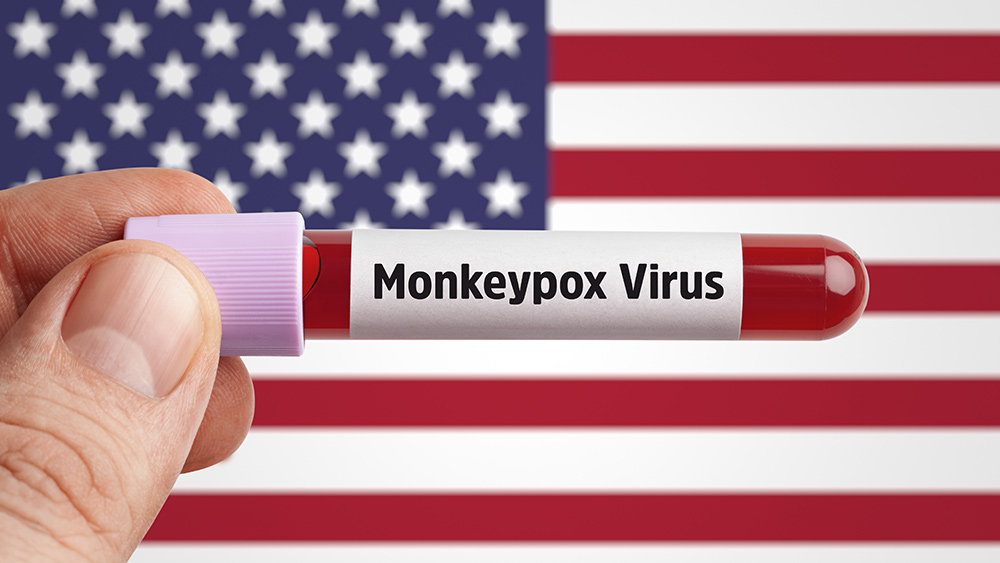Sugar-sweetened drinks can leave you more prone to kidney disease, reveals study
03/25/2019 / By Michelle Simmons

In a new study published in the Clinical Journal of the American Society of Nephrology, researchers looked at the effect these drinks had on kidney health. They found that people who regularly consumed these beverages had an increased risk of chronic kidney disease.
Sugar-sweetened beverages are drinks with added sugar such as soft drinks, sweetened fruit drinks, coffee, energy drinks, electrolyte replacement drinks, sports drinks, and sweetened tea.
For the study, the researchers investigated more than 3,000 African American men and women with normal kidney function who were enrolled in the Jackson Heart Study. They assessed the participants’ beverage intake using a food frequency questionnaire administered at the beginning of the study from 2000 to 2004. Then, they followed the participants for over eight years.
The researchers found that out of the 3,003 participants, 185 of them developed chronic kidney disease during the follow-up period. After adjusting for confounding factors, the researchers discovered that following a beverage pattern consisting of soda, sweetened fruit drinks, and water was linked to a higher risk of developing chronic kidney disease. The researchers explained that water may be a component of this beverage pattern because the participants may have reported their intake of a wide variety of types of water, such as flavored and sweetened water. Moreover, they found that participants with the highest consumption of these sugary beverages were at a 61 percent higher risk of developing chronic kidney disease than those who consumed the least.

According to the latest report by the Centers for Disease Control and Prevention (CDC), a whopping 63 percent of adolescents and 43 percent of adults drank at least one sugar-sweetened beverage a day in 2011 to 2014. Consumption of sugar-sweetened beverages is also associated with less healthy behaviors. Adults and teenagers who smoke, lack sleep, eat fast food often, who are not physically active, and who do not consume fruit regularly are more likely to drink sugary drinks. In addition, teens who often drink these beverages also have more screen time. (Related: Thirty new studies confirm it: Sweet drinks cause weight gain, obesity in children and adults – experts call for action to reduce consumption.)
Drinking sugary drinks may increase the risk of death
Adults aged 45-years-old and above who drink large amounts of sugary drinks may have a higher risk of dying from heart disease or other causes than those who consume fewer sugary drinks, according to a recent study presented at the American Heart Association’s Epidemiology and Prevention/Lifestyle and Cardiometabolic Health Scientific Sessions 2018.
Earlier studies have reported that added sugar is associated with obesity and other chronic diseases. However, there is limited evidence on the association between increased sugar intake and death. Therefore, the current study’s researchers conducted the study.
For the current study, the researchers included 17,930 adults over the age of 45 who were enrolled in the Reasons for Geographic and Racial Differences in Stroke (REGARDS) study. They used a food frequency questionnaire to estimate the participants’ sugary food and drink consumption. After an average follow-up period of six years, they used death records to track causes of death, particularly on deaths due to heart disease and other causes.
The researchers discovered that those who tended to drink the most sugary drinks, which is around 24 ounces or more of sugary drinks per day, were twice more likely to die due to coronary heart disease compared to those who tended to drink tended to drink less than an ounce of sugary beverage. In addition, the researchers saw a higher risk of death from all causes, including other cardiovascular problems.
Learn more about the consequences of drinking sugar-sweetened beverages by visiting Sweeteners.news.
Sources include:
Submit a correction >>
Tagged Under:
corn syrup, food science, HFCS, kidney disease, kidney health, kidneys, soda, soft drinks, SSB, SSB consumption, sugar, sugar-sweetened drinks, sugary drinks, sweeteners, toxic ingredients
This article may contain statements that reflect the opinion of the author





















